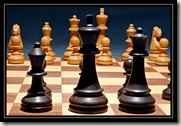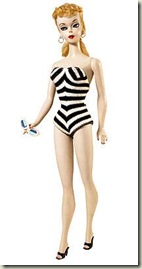 What’s more Boomer than Barbie?
What’s more Boomer than Barbie?
She’s been through all the cultural upheavals and survived.
She’s been embraced and banned by parents.
And she’s still causing trouble.
Even though Barbie was born grown up, it’s her fiftieth birthday today:
Happy 50th to Baby Boomer Barbie
Paul Briand
Baby Boomer Examiner
Her age makes her a Baby Boomer and -- in a way, despite the ditsiness often applied to her andespecially her name -- she is somewhat representative of how Baby Boomers have reshaped, refined and redefined who they are over the years.
Appropriate: Forbes is throwing the biggest media bash for Barbie …
Barbie Turns 50
Edited By Anna Vander Broek and Michael Noer
She is an American icon, a business phenomenon and a real doll. Since her introduction on March 9, 1959, Mattel has sold more than 1 billion Barbie dolls, nearly 100 million of those last year alone.
Back in the dark ages of the WWW, before there were blogs, before there were social networking sites – I blogged on a social networking site and wrote about Baby Boomers. Here’s a link to my 1998 ‘post’ celebrating Barbie’s fortieth birthday:
My Barbie!
It was (and still is) a phenomenon rivaling the one surrounding the Beatles: A doll not to be fed, cuddled or nurtured -- but a fantasy representation of you in the future!
Here’s how Madison Avenue did it in 1961:
What cultural upheavals?
A Barbie Poem by Amy Sterling Casil.
_____
Update March 10: AdRants’ Angela Natividad posts some great Barbie links – including a video history of Barbie commercials.


 Call for ban on use of the word 'retirement'
Call for ban on use of the word 'retirement'
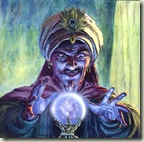 Dick Stroud says: “Maybe”
Dick Stroud says: “Maybe”
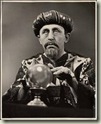 NostraChuckus
NostraChuckus VibrantNation.com tech survey
VibrantNation.com tech survey

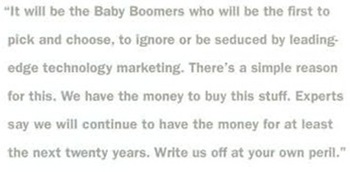
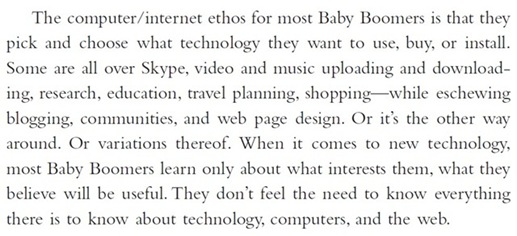
 'Brain training' claims dismissed
'Brain training' claims dismissed